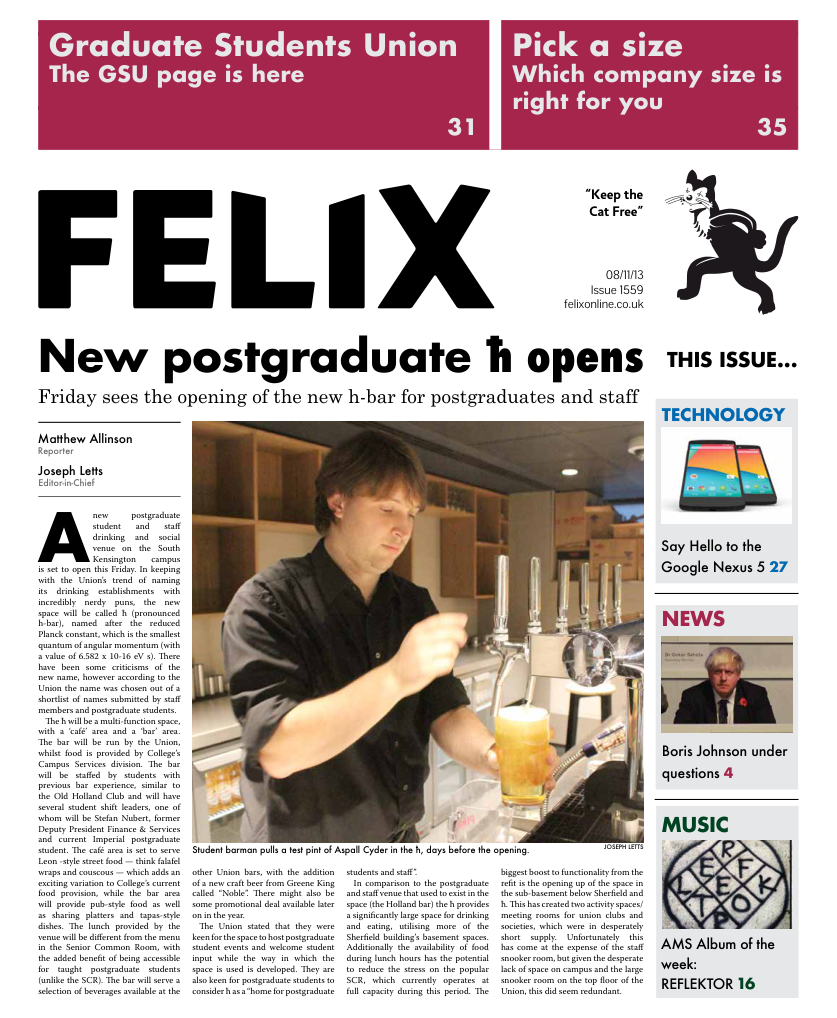Piracy and the need to tackle it
Jash Rughani looks at piracy and the ways to deal with it.
Piracy grips the public imagination. Witness the success of “Captain Phillips”, a film in which a vessel captained by the actor Tom Hanks is hijacked by Somalis. Somali pirate operations have been a major threat to ships in the Gulf of Aden and those bypassing the Indian Ocean. Yet the pirate modus operandi is far from clear to intelligence agencies. In order to contain their activities many organizations have come together to understand their funding operations. Reports have it that between $339m and $413m was paid in ransoms off the Somali coast between 2005 and 2012. Ordinary pirates usually get $30,000-75,000 each, with a bonus of up to $10,000 for the first man to board a ship and for those bringing their own weapon or ladder. Qat, a narcotic plant that is chewed by many, is often provided to pirates on credit during an operation. Traditionally used in the same way as coffee - to assist social gatherings, meetings and ceremonies such as weddings - the stimulant qat, like coffee, is widely believed to have originated from Ethiopia. And, just as coffee was criticized and even banned in parts of Africa during the 16th century, so the mildly narcotic khat has recently found itself at the center of a moral debate. Islamic rulers in Mogadishu, the capital of Somalia, recently banned use of the drug. This led Kenya, Somalia’s biggest supplier, to stop all flights to its neighbor, sparking street protests in Mogadishu, and triggering concern among qat growers and traders in Kenya, who saw exports drop by 40 per cent. In Kenya, qat has semi-legal status, but this has not stopped farmers from cultivating the crop. In fact, qat cultivation is currently expanding into new areas, such as Embu and Nyeri, outside the traditional growing area of Meru, near Mount Kenya. Depending on personal consumption of qat, pirates receive the pending sum upon successful completion of their mission. Some pirates find it difficult to retire because they end up in debt at the end of a hijack. Part of the ransom money flows to local communities that provide services to pirates. Al Shabaab, a terrorist group that wields enormous power in the area also demands a chunk of the proceeds of a hijack from ordinary pirates. The daily supplies and mobile network are sold off to them at inflated rates. Financing comes from former police and military officers or civil servants, qat dealers, fishermen and former pirates. They take anywhere between 30% and 75% of the ransom. A typical operation has three to five investors. Some financiers, especially those in the Somali diaspora who have little cash inside Somalia but large deposits abroad, employ what the report describes as “trade-based money-laundering” to send funds to Somalia. In order to contain pirate activity in the area, a number of measures need to the taken. It turns out that government policies are not particularly favorable for setting up private enterprise that would lead to job creations. The involvement of ex-government officials further worsens the situation. As long as government support to pirate financers is not severed, ship hijacks would continue to flourish. Money laundering has enabled the swift execution of a number of these ghastly acts. Somalis residing in UAE, Kenya and Djibouti are believed to be the main beneficiaries of the loot. If current sources are identified and held punishable, it could serve as a deterrent to nouveau financers. Kenya has long been the chief provider of qat to east African nations. Many more are now turning to qat, which is not only easier to grow, but can be harvested twice a year and brings in an inwcome that is five times higher than coffee. The trade has greatly contributed to development in the district of Meru, and local farmers are calling for the status of qat to be formalized. Qat-chewing is big (and generally legal) business in much of the region, and the role of Somalis in distributing it is growing. The lack of transparency or monitoring of the qat trade in Kenya, the main supplier to Somalia, makes it susceptible to crime. In such an atmosphere, conventional measures are rendered inefficacious. True that one man’s trash is another man’s treasure.






